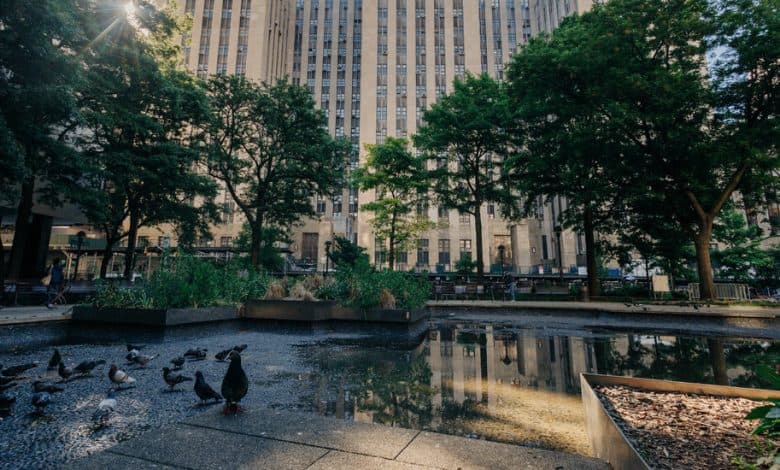Donald Trump Was Convicted Here? Who Knew?

For weeks, Courtroom 1530 was the stage for the world’s loudest court case. On Friday, it was just another room.
Inside, three court officers sat on chairs surrounding a clerk, who typed quietly on a keyboard. Outside, the Manhattan Criminal Courthouse had returned to its usual hush.
The day after Donald J. Trump became the first former U.S. president to be convicted of a felony, the scene that had transpired in 1530 had seemingly already been forgotten by lawyers, judges and defendants who were facing more important dramas: their own.
“Trump was here? Why?” said Walter Dickerson, 27, a Bronx resident charged with violating a protection order. “I stay in my own little bubble. All I know is I don’t want to be here.”
Described incessantly in recent weeks as grungy, smelly and dim, the courthouse retains echoes of its former grandeur, including signs in curvy Art Deco font for the restrooms and the hollowed-out concavity on the first floor that once held pay phones. The building, completed in 1941, has shed such ornamentation under a crush of criminal cases — nearly 9,500 in just the first three months of this year, including 917 violent felonies like murder and rape.
In this building, everyone paid attention to the trial of a the former president charged with the tedious crime of falsifying business records. Just feet away, cases involving the most lurid violence trudged on barely noticed by the broader world.
